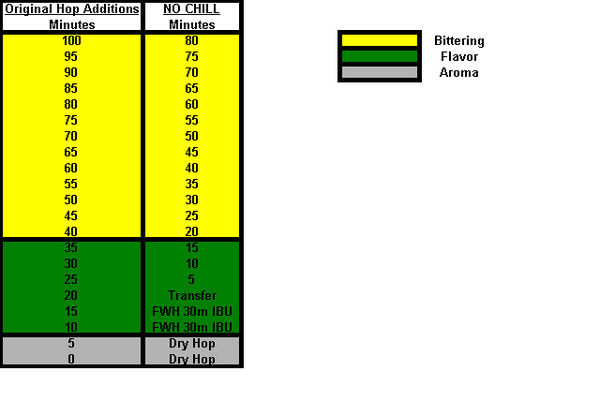jambop
Well-Known Member
So here I am again picking brains 
I made beer for about 20 years and never used a wort chiller I simply boiled the wort the put into the fermenter and then left it overnight to cool before adding my starter yeast. Now I never in all that time had a bad brew. So I am reading about wort chillers and one of the reasons to chill the wort is to avoid unwanted infections ???? How do you get an unwanted infection in a previously sterile medium if it is protected by a filter? Anyway I am not paying 80€ for
I made beer for about 20 years and never used a wort chiller I simply boiled the wort the put into the fermenter and then left it overnight to cool before adding my starter yeast. Now I never in all that time had a bad brew. So I am reading about wort chillers and one of the reasons to chill the wort is to avoid unwanted infections ???? How do you get an unwanted infection in a previously sterile medium if it is protected by a filter? Anyway I am not paying 80€ for




